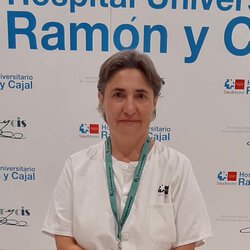Gas chromatography-mass spectrometry (GC-MS) is a technique that combines the separation capability of gas chromatography with the sensitivity and selectivity of the mass detector. This combination makes it possible to analyse and quantify trace compounds in complex mixtures with a high degree of effectiveness. This technique is suitable for the separation of volatile and semi-volatile organic compounds.
The technique consists of volatilising the sample and injecting it into a capillary chromatographic column. Elution occurs by the flow of a mobile phase of an inert gas which transports the analytes through the column. The analytes are reversibly retained as a result of a physical adsorption process. The separated components are eluted from the column and recorded by a MS detector, yielding a mass spectrum representing the abundance of different types of ions as a function of the mass-to-charge ratio of each ion. The use of GC-MS is restricted to the separation of compounds with a molecular weight of less than 1000 and a maximum working temperature of about 400 ºC.

